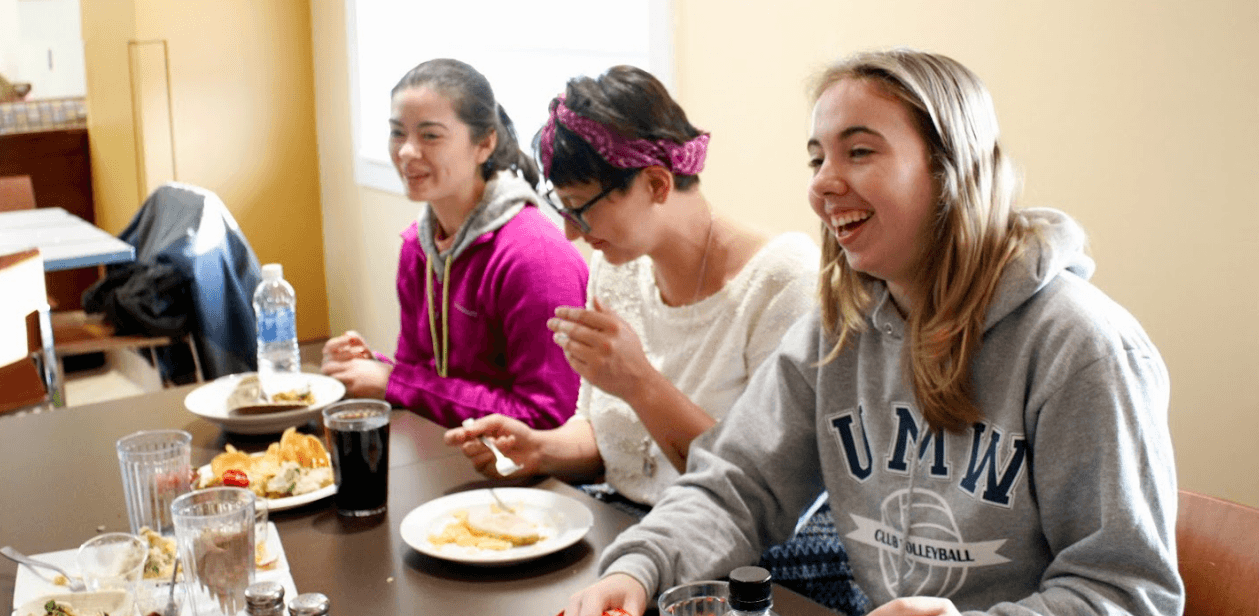Friend groups and others’ perceptions shape individuals
3 min read
Allison Tovey | The Blue & Gray Press
By JOSE REYES
Staff Writer
The thought of entering college as an athlete was exciting to say the least. On top of the liberating college experience that awaited me, I would have the privilege of arriving one week early and with one less worry than most other students, meeting new friends. Although I had teammates, I would still have to get to know them, but at least I already knew they loved the same sport as me. Besides, after we train, eat, sleep and even fart together, getting to know them wasn’t very hard.
Although the meeting new friends problem was solved, or so it seemed, I still had the usual troubles we all experience. I had the hassle of finding my classes and arriving on time, meeting and liking my professors, not procrastinating and climbing the billion steps to get to the dining hall. As if that weren’t enough already, I had practices, gym days and film sessions to remind me I was still a college athlete. I have a whole new appreciation for those that have jobs in addition to college; it is inspirational and I have no idea how they do it.
College is seen as an opportunity to realize our potential and exceed our limits. A chance to explore not only ourselves, but the wonderful world around us. This got me thinking a lot about my team, other athletes and mostly anyone on campus that has a friend group they hang out with. As I thought more and more about it, I was led to a question that I struggled to acknowledge, and even more so failed to answer that holds immense value in our college experience: Are our friend groups, instead of helping us bloom, unintentionally limiting our growth?
Don’t get me wrong, friends and teammates can be super supportive and amazing. Personally I didn’t even want to make the effort to hangout with anyone else; I had everything that made me happy right in my own group. It wasn’t until I began to think about a social physiological concept I learned in class, the looking-glass self, that I realized I could be missing out on something quite significant.
Charles Horton Cooley, an American sociologist, was the first to suggest the looking-glass self concept in 1902. “A person’s self grows out of society’s interpersonal interactions and the perceptions of others,” stated Cooley. Through studying this I learned that our day-to-day interactions and how we think others perceive us, shape who we are as individuals. I began to see how a few small things, for example, the way we appear to everyone else as we enter the dining hall, or how we take chairs to use at our table, or even how we may leave without cleaning up sometimes, change not only what people think of us, but it changes the very nature of who we are. It seems a bit extreme at first, but overtime these small drips fill a very large bucket.
In a place like college where we should be experiencing individual growth and fostering long lasting relationships, this concept does nothing more than close doors for us. So take some time to look around and breathe for a bit. Be mindful at the start of your day and challenge yourself. As for the question I didn’t want to acknowledge, well, the answer lies in others, specifically those we haven’t yet had a chance to meet. It is them who have the largest impact on who we will become and the impact we will have on everyone else we cross paths with. I would say that the moral is to be mindful, because every moment is an opportunity, and every opportunity is the chance you’ve been waiting for.


